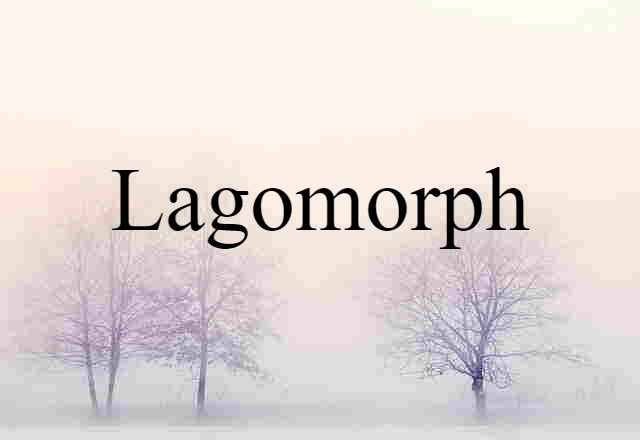- mode of building, construction, or organization; arrangement of parts, elements, or constituents: a pyramidal structure.
- something built or constructed, as a building, bridge, or dam.
- a complex system considered from the point of view of the whole rather than of any single part: the structure of modern science.
- anything composed of parts arranged together in some way; an organization.
- the relationship or organization of the component parts of a work of art or literature: the structure of a poem.
- mode of organization; construction and arrangement of tissues, parts, or organs.
- Geology.
- the attitude of a bed or stratum or of beds or strata of sedimentary rocks, as indicated by the dip and strike.
- the coarser composition of a rock, as contrasted with its texture.
- the manner in which atoms in a molecule are joined to each other, especially in organic chemistry where molecular arrangement is represented by a diagram or model.
- social structure.
- the pattern of organization of a language as a whole or of arrangements of linguistic units, as phonemes, morphemes or tagmemes, within larger units.
- to give a structure, organization, or arrangement to; construct or build a systematic framework for: to structure a curriculum so well that a novice teacher can use it.
- a complex construction or entity
- the arrangement and interrelationship of parts in a construction, such as a building
- the manner of construction or organization
- morphology; form
- the arrangement of atoms in a molecule of a chemical compound
- the way in which a mineral, rock, rock mass or stratum, etc, is made up of its component parts
- the act of constructing
- to impart a structure to

More Definitions
- CHIGNON (noun) Definition, Meaning & Examples
- JAWBREAKER (noun) Definition, Meaning & Examples
- HILLSDALE (noun) Definition, Meaning & Examples
- NUCLEAR MAGNETIC RESONANCE SCANNER (noun) Definition, Meaning & Examples
- BELGIUM (noun) Definition, Meaning & Examples
- BLUE-EYED BOY (noun) Definition, Meaning & Examples















